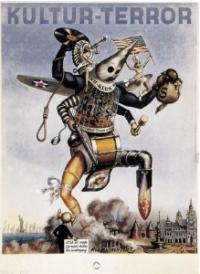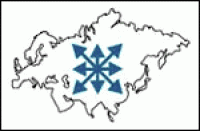Dugin’s America
Alexander Dugin is a popular, well-connected, and academically respected professor at Moscow State University. Unlike his North American and Western European counterparts, his ideas are not censored by Russia’s mainstream media, and he more or less enjoys the favor of Putin’s Russian government. While he’s indubitably the most prominent New Right thinker in Russia, his domestic influence and his ambitious efforts to build international partnerships and relationships have made him arguably the most prominent New Right thinker in the world.
His recently written and translated book, The Fourth Political Theory is a critical milestone in the global development of a New Right school of thought. In it, he strives to speak to a truly global audience, though his parochial biases and perspectives are a regular distraction from that goal. He strives to speak above and beyond modern liberal paradigms and values, but there’s a fair share of self-censorship, cleverness, and . . . Realpolitik . . . to wade through.


